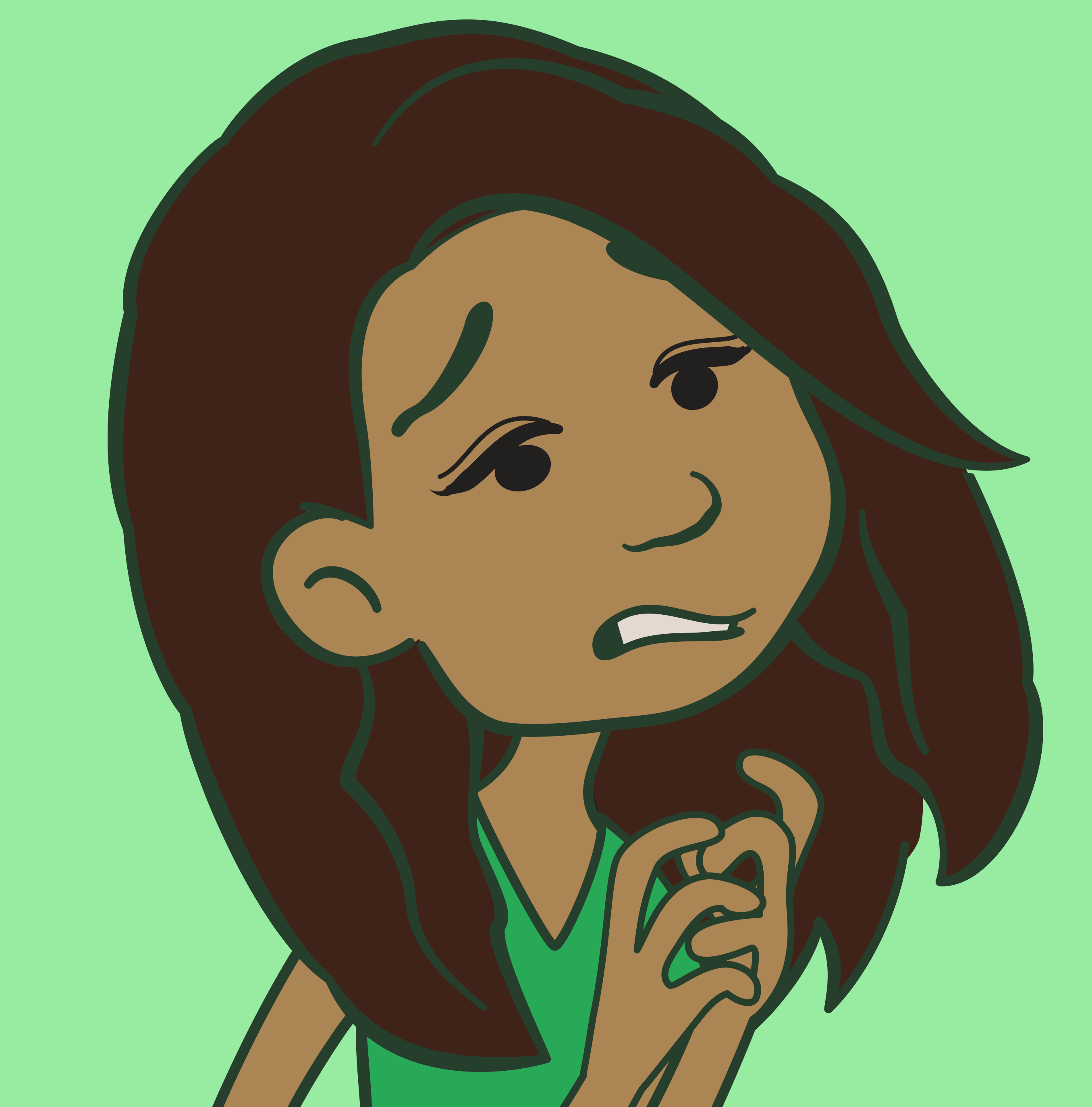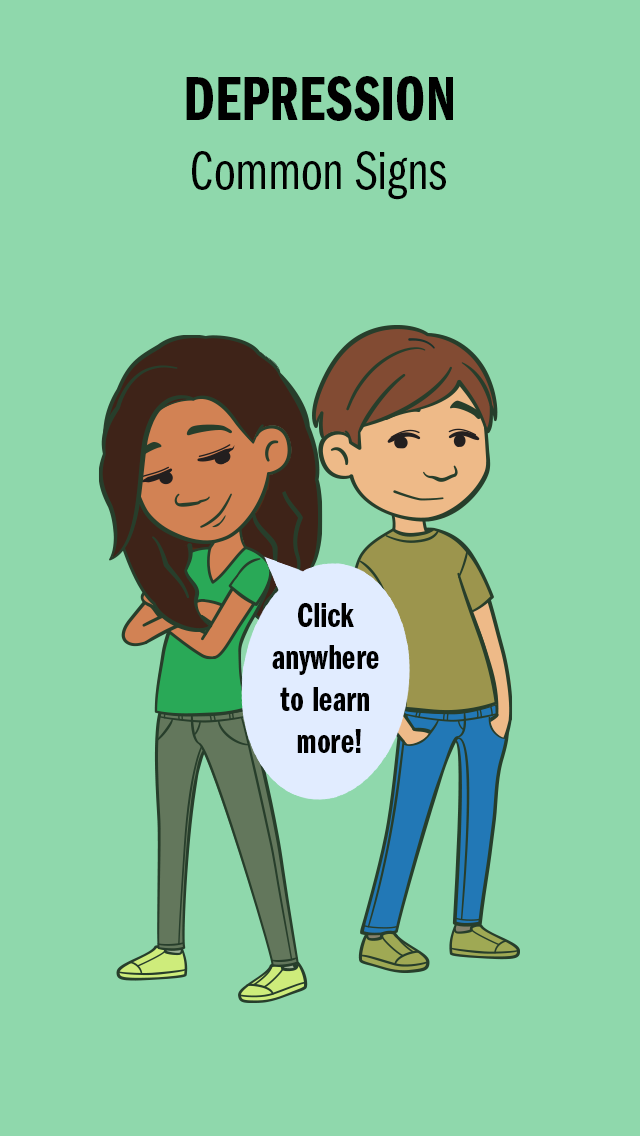 close
close

Common feelings such as ongoing sadness, low self-worth or hopelessness can all contribute to a low mood. Feelings of frustration, with themselves or their situation, may cause more irritability.
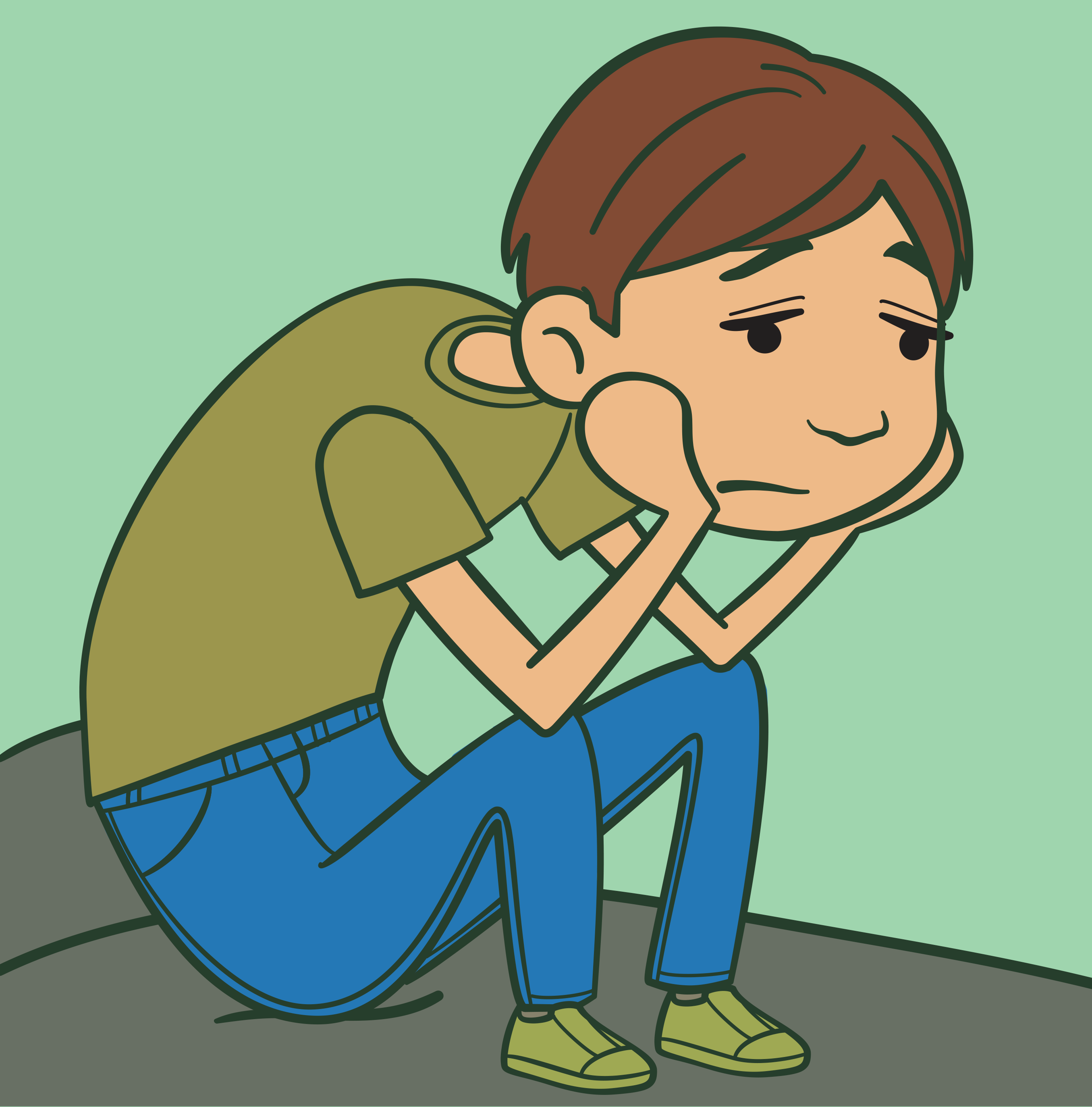
If someone has many unwanted thoughts and feelings about themselves or their life, they may find it hard to concentrate on day-to-day tasks and remember details.
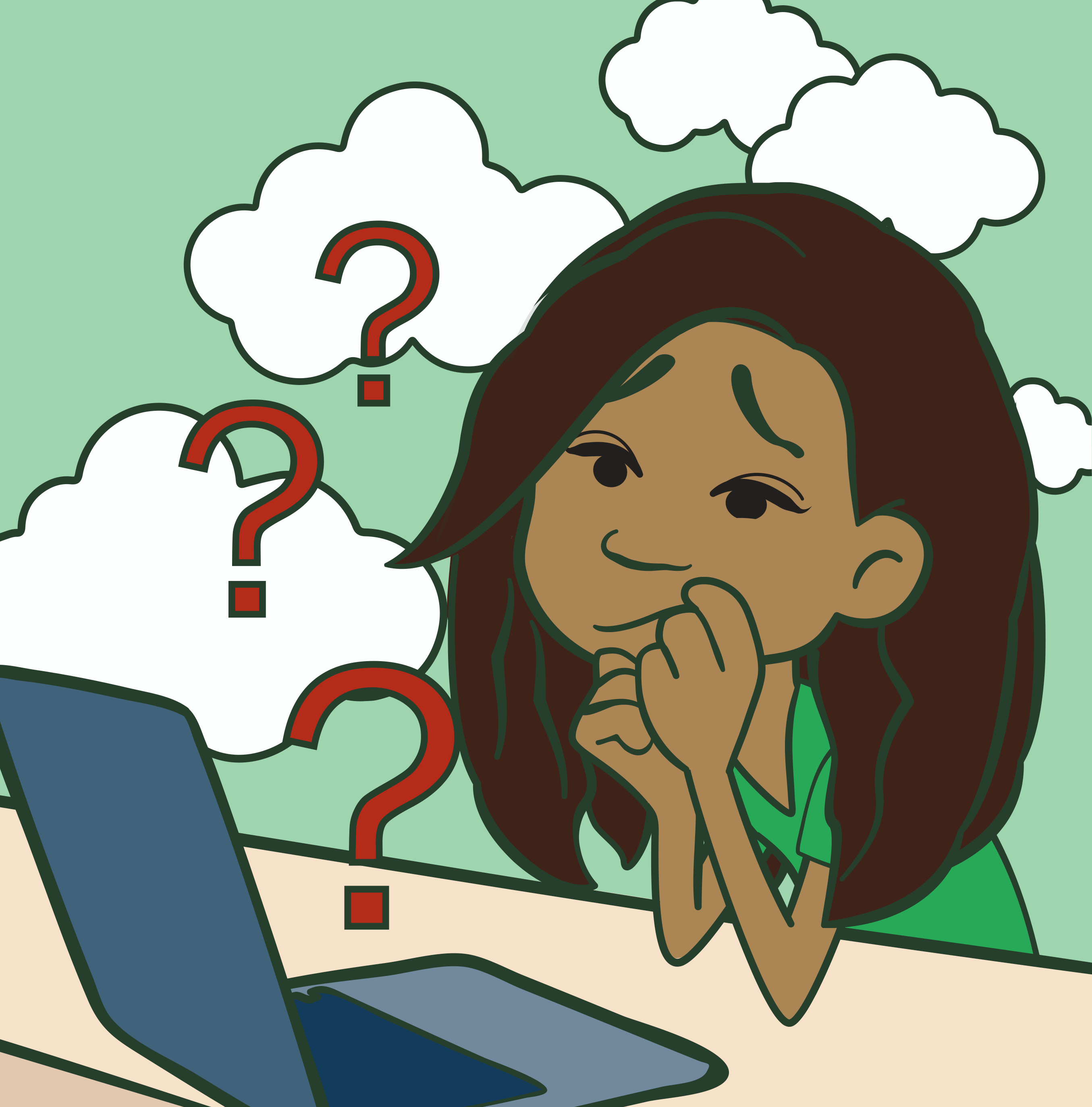
A person with depression may feel unable to control their thoughts and play an active role in their own life. They may also struggle with feelings of emptiness and have trouble making decisions.
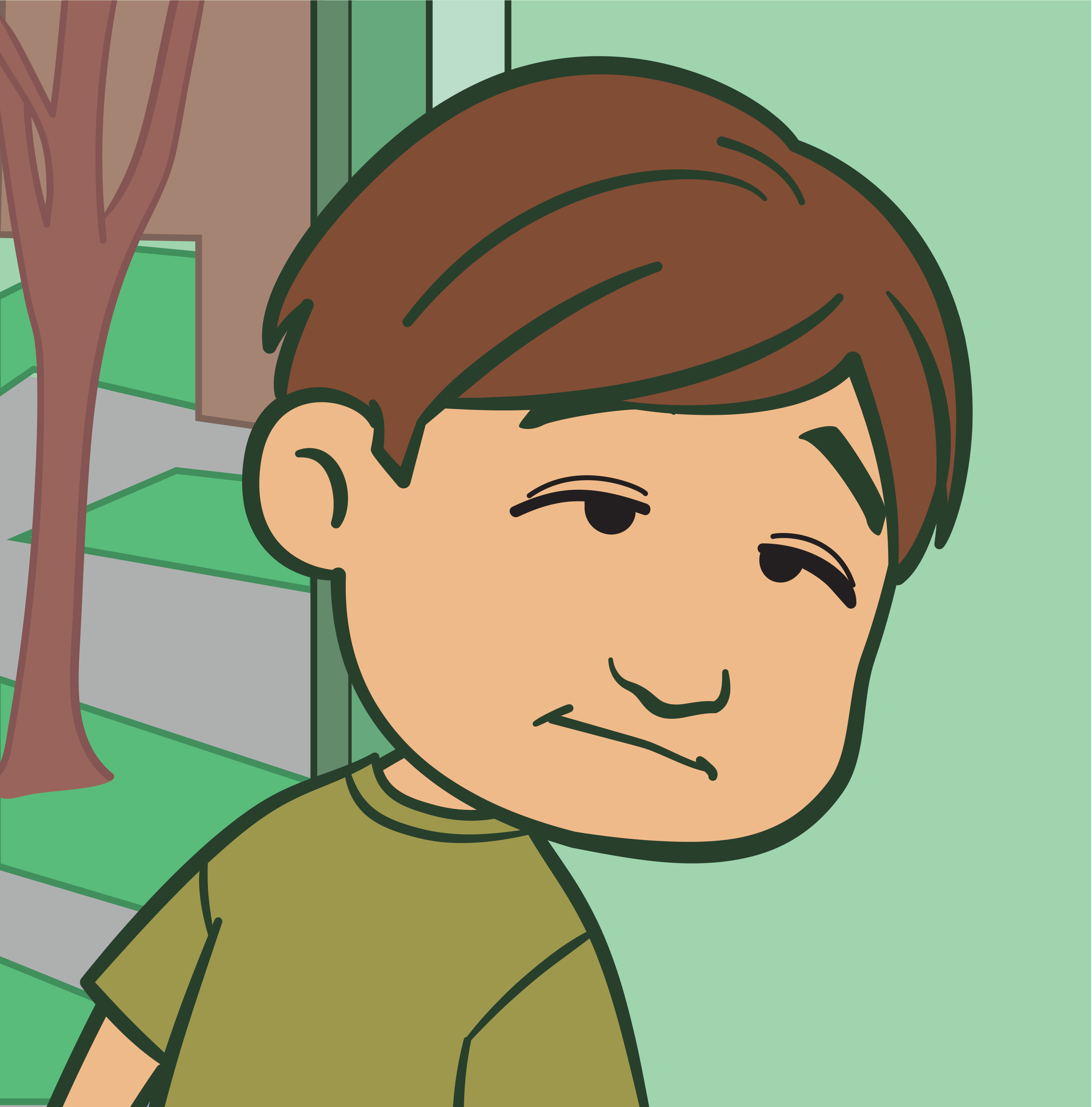
Someone with depression may lose interest in certain hobbies or activities. This can sometimes mean skipping activities that they would normally enjoy.
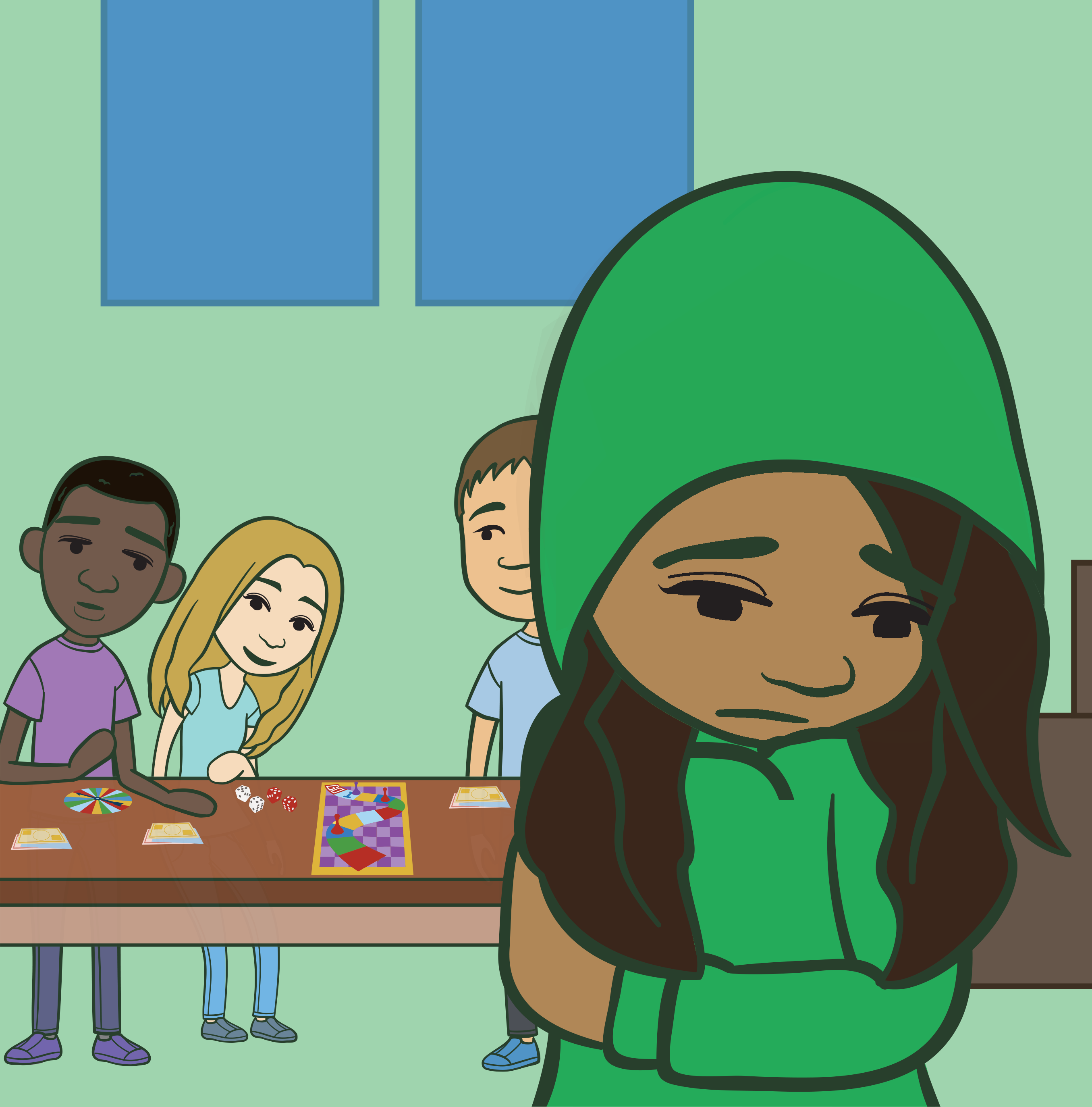
Depression can make someone feel slowed down and lethargic and in need of more sleep than usual. Other times, it can make it harder for someone to fall asleep or stay asleep through the night.
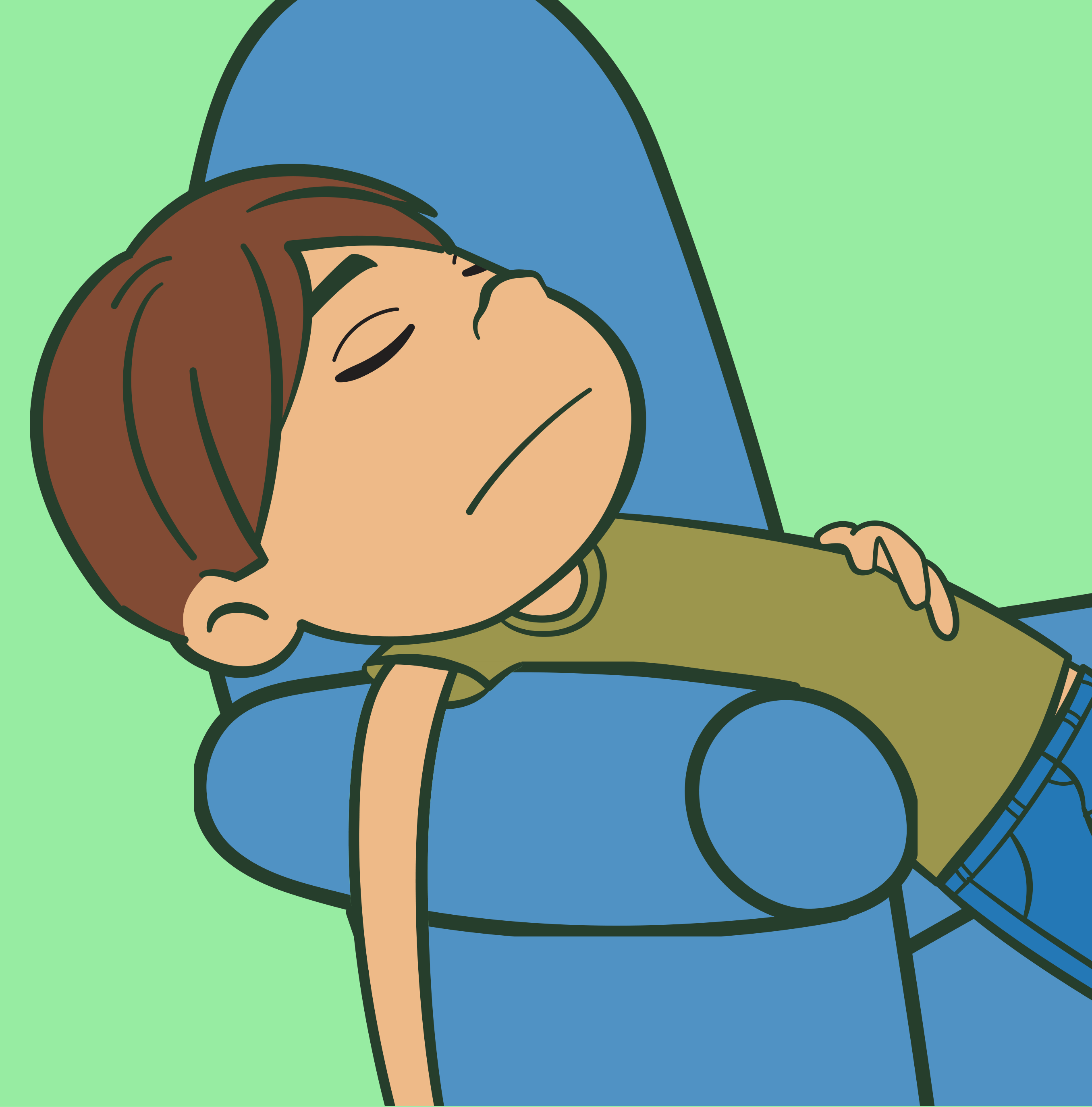
Depressive feelings can lead someone to eat more than usual, for instance to have more energy or find comfort in food. On the opposite side, they can also cause someone to lose interest in food.
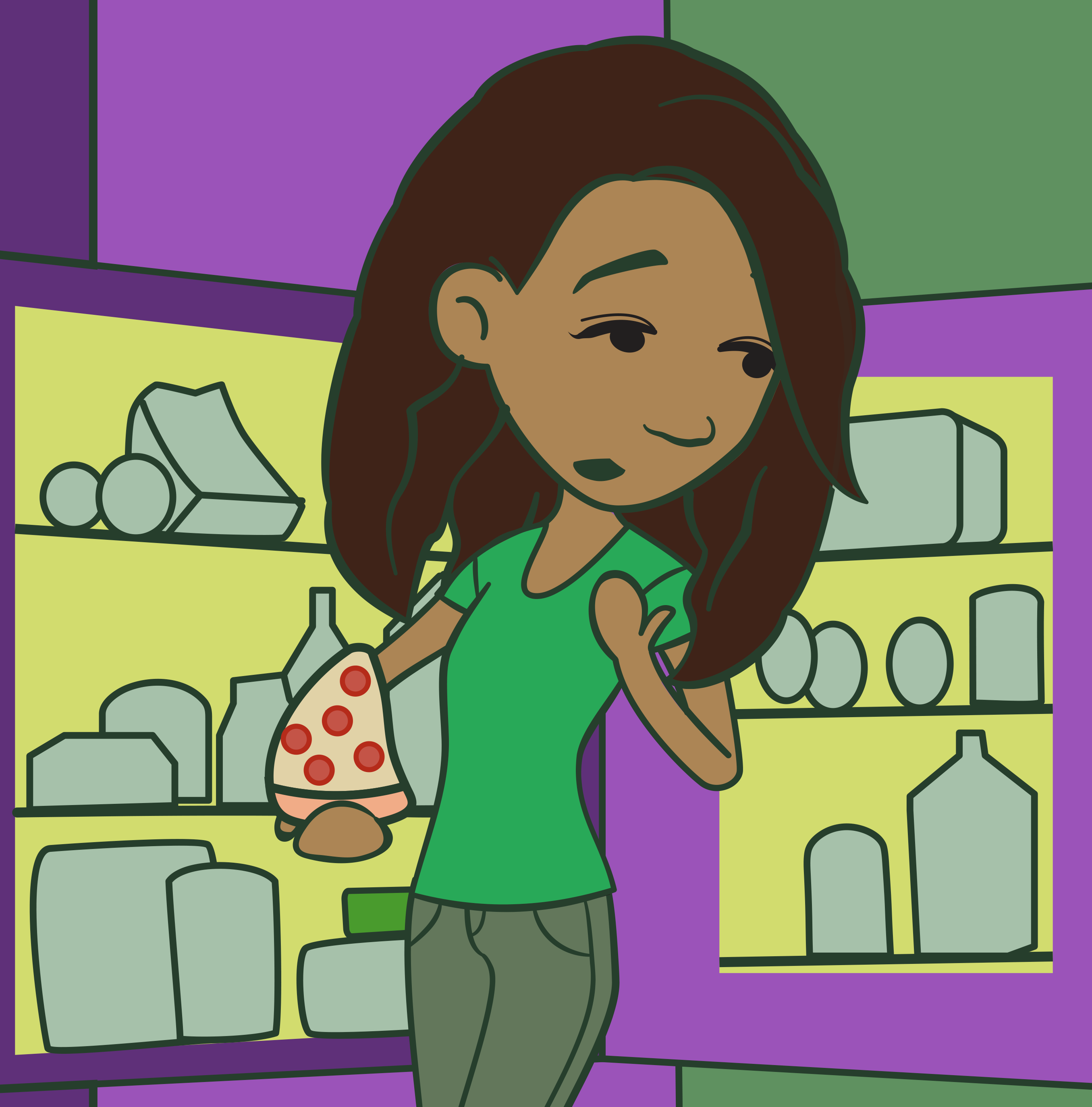
The sleep problems, low energy, ongoing stress and changes in appetite that are part of depression can make someone more prone to health concerns such as recurring headaches, and aches and pains.
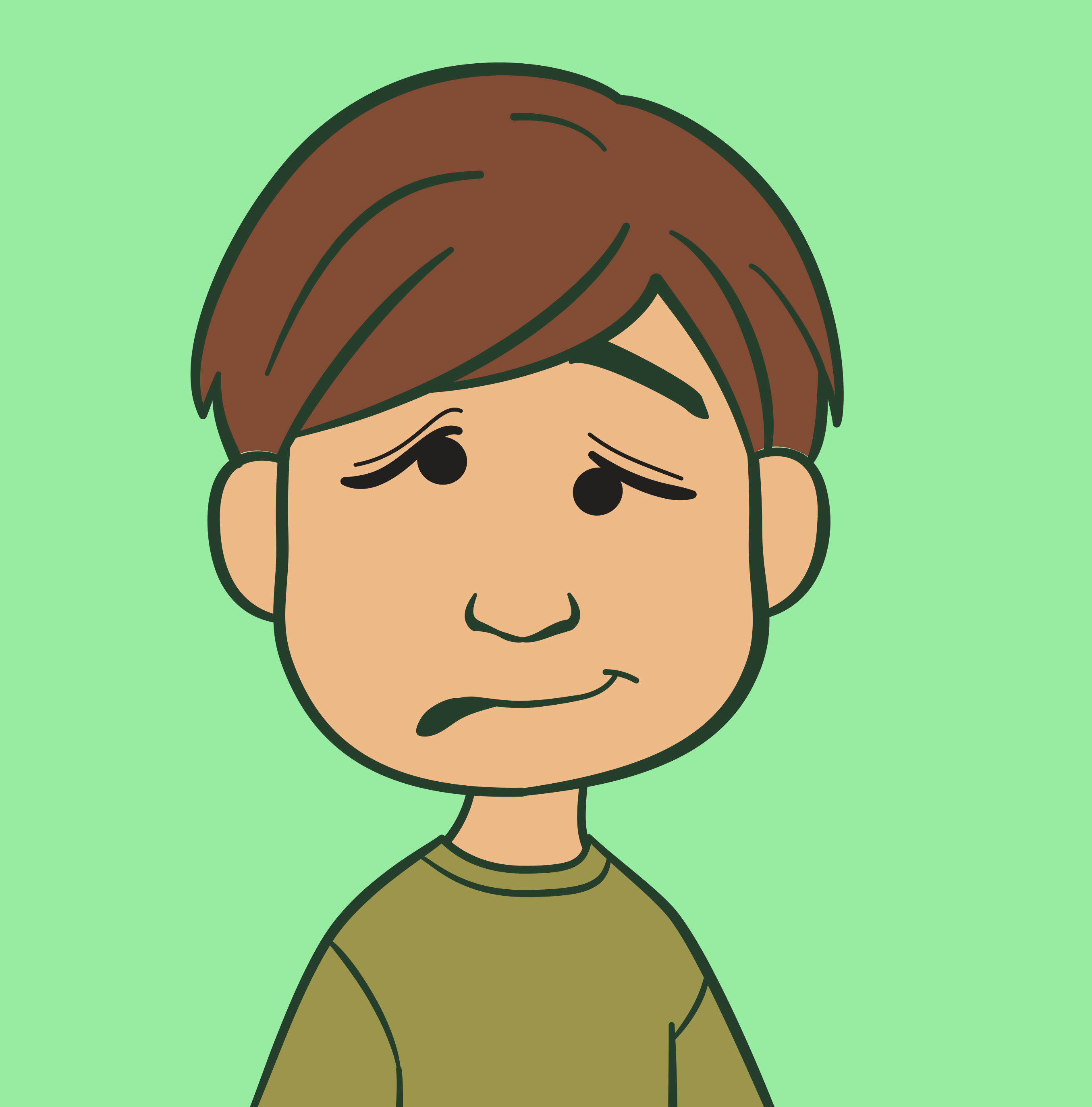
Stressful events can make someone with depression feel frequently “on edge”, as if they are consistently waiting for something bad to happen.
